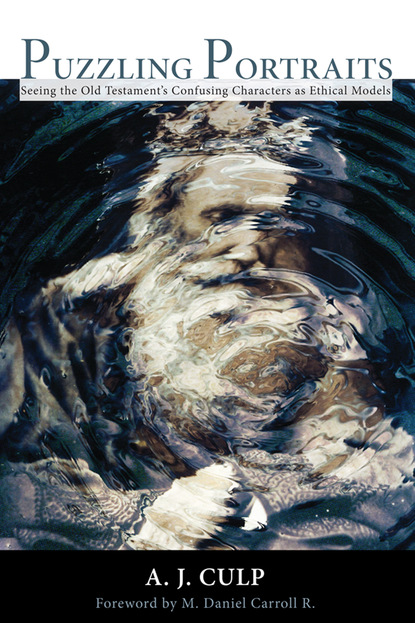
Puzzling Portraits скачать fb2
A.J. Culp - Puzzling Portraits краткое содержание
How are we to see the Old Testament's characters–typically a tangle of both virtue and vice–as models for our own ethical living? It is clear that Scripture intends for us to embody some qualities while eschewing others, and at times these are immediately obvious: David's wholehearted pursuit of God is admirable, while his adultery with Bathsheba and murder of Uriah are deplorable. But more often than not we are left with shades of gray, not really knowing whether the narrator approves, disapproves, or is indifferent to the behavior of these characters. The present work seeks to address this issue, situating itself at the fault line of the problem: character portrayal. It argues that often what we take to be the narrator's silence about a character is not silence at all; rather, the narrator is simply speaking in ways that we are not attuned to. By becoming attuned to the voice of biblical narrative and by understanding its role in ethics, therefore, we are better able to understand the characters as resources for our own ethics. This work develops its ideas by leveraging pertinent literary and ethical models, which are then trained upon a particular case in point: the Gideon account in Judges 6-8.
Скачать книгу «Puzzling Portraits» A.J. Culp
Чтобы оставить свою оценку и/или комментарий, Вам нужно войти под своей учетной записью или зарегистрироваться



